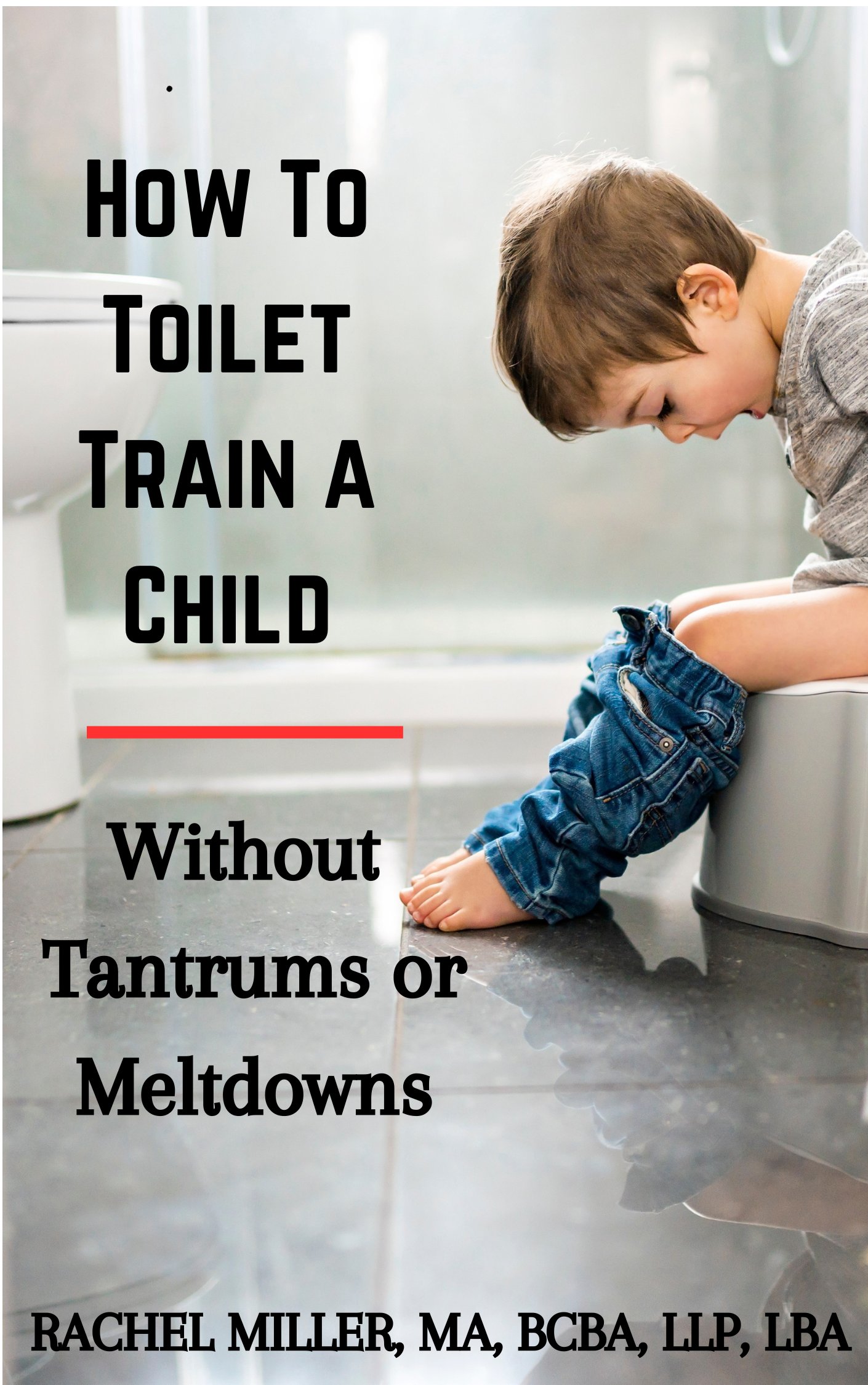Why would an 11 year old child refuse to say please or yes mam?
Question: A child in 5th grade refuses to say please or yes/no mam. His only reason is because it makes him nervous? No award, reasoning, or taking away a privledge(lack of respect)will work!
Answer: Without being able to fully observe and meet this young man, it is difficult to really understand why he would refuse. However, some possible reasons may be one of the following.
If the person becomes really angry when he refuses then it's as if he has control over that person's emotions and this can become a game for him.
Sort of like he is teasing the person that wants him to say please and yes mam, which becomes reinforced by the angry (funny) reaction he gets from that person.
Another possible reason may be that he had some type of an event happen in his life that included the words please and yes mam, which he associates with in a negative manner.
If he was hurt by another person that required him to say these things, while they were hurting him, then by being asked to say them again it reminds him of the pain involved in that event and could make him feel nervous.
Disrespectful Behavior
My male friend's eleven year old daughter refuses to respond to questions or requests from him
Question: My friend has been separated/divorced for about two years, a few times a year he has visits with his eleven year old daughter who lives across the country. What is infuriating to him though is she refuses to respond to his questions or requests often. She just continues what she is doing and doesn't even acknowledge the question.But otherwise they get along fine and have fun together.
I assumed it was a phase of the divorce upheaval, but it continues now for over a year. He has broached the subject by telling her how he feels about it... hurt, dismissed etc.
but it continues
Should he take some action or wait it out?
Answer: If it's possible, being able to spend more time with her is probably going to help the most. Seeing her only a few times a year can make developing a relationship very difficult.
If he can at least maybe skype and have regular phone calls (2-3 times a week) this may help. Responding with punishment may drive her away even further and given the little time they have together it would be a shame to spend it negatively.
He may also want to make sure he is in good standing with his ex if possible to avoid any possible negative comments coming from her to their daughter that is causing her to be disrespectful.
Perhaps the three of them can sit down and talk to her together letting her know what is expected of her. If she feels they are both displeased with her disrespect she will be more likely to change her behavior, especially since the mother spends the most time with her and is probably in her daughter's eyes the 'disciplinarian'.
Kids that don't listen or respect parents
by KLL
(California)
Question: I am a young mother of four kids. My kids are as follows: Twin boys age 6, daughter age 5, and a younger son at age 4. I am having a hard time with getting my kids to listen to me and respect me. I need to know what I can do to get through to them.
Examples: My daughter comes home from school and I ask her if she has homework, she yells at me and tells me to wait. I tell her that its not nice to yell at people and she gives me a dirty look and will not respond.
My boys like to use their bunkbeds as a jungle gym, I tell them that they are not to play on them and that they need to respect them or I will remove them. They say no, and tell me that they want to be good, then they go back to doing the same thing.
My youngest son likes to slam doors. I tell him not to or he will get in trouble and he yells at me and continues to slam doors.
I have gone as far as taking all toys out of their rooms, to unplugging all TV's in the house, to no goodies, and so on. What else can I do to get through to my kids before they get any worse?
Answer: Wow, it sounds like you really have your hands full. I can imagine it is very difficult to have so many children that close in age.
I think the most important thing to make sure of is that you are very consistent with your consequences. If you tell them you are going to remove their bunkbeds because they are jumping on them and they don't listen, then you have to follow through on that.
It is also better to state a consequence that is more manageable in terms of following through. I see that you said your 4 year old would get in trouble for slamming doors, but you didn't mention what "getting in trouble" means or whether or not you did end up providing a consequence.
Children are very smart in terms of knowing whether their parents are making empty threats. If you tell them they will be in trouble for doing something you have to state the specific consequence in very simple terms and always immediately follow through after only one verbal warning.
For example: If you do that, then this will happen. When they do that, you immediately follow through with this. The next time they do it, don't give any verbal warnings and simply say, "That is so sad, it looks like you are choosing this."
For your daughter, I would simply state "There is no excuse for speaking to me like that. As soon is you are done with your homework you may do ..." (whatever it is she wants to do) Remove any activities or toys from her possession until she completes her homework.
Then, be sure to always follow through on this routine and make this a regular occurrence. Even one day of allowing her to continue what she is doing will undo all of your hardwork.
Another option is to ignore inappropriate behavior and constantly redirect to an appropriate activity. If the twins are jumping on the bed, simply say something like, "Hey lets go get the cars out to play with in the living room."
If your four year old is slamming doors say, "Let's go pick out a book to read." For some chidren this works well and they will immediately stop the behavior and go to the new activity. If not, then you follow through with the consequence statements.
You should also make sure to spend at least 15-30 minutes of quality time with each child every day. Ask them about school and other things or to do a special activity of their choice. Building a positive relationship focused on fun instead of reprimands with your kids helps them to build respect for you.
A great book to check out with logical consequences for children birth to age six is Love and Logic Magic.
My Son's Rude Behavior
Question: My son is 2 years and 3 months old. He has been put in play school. Recently, he has been pushing other kids in the school. I tell him not to do that, but I don't know how to make him understand that this behavior is not acceptable.
Answer: This can be very typical behavior of two year olds as they often have limited communication, so I wouldn't worry too much at this point that he is headed down the wrong path.
However, it will be difficult for a two year old to understand not to do something unless you are able to intervene at the exact moment he is doing the behavior. Telling him later or giving consequences after the incident will be too delayed for him to understand.
You can try having play dates with other children that you are able to attend and intervene if he pushes other children telling him immediately that he can not push and possibly even doing a mini time out by moving him to an area by himself temporarily.
You could also try attending his play school to be able to intervene there if you are able. Otherwise, talk to his caregivers in the play school to make sure they are intervening consistently and appropriately. Some children just need time to learn social skills in these types of environments with other children.
Either way it may still take multiple times of intervening before he fully understands, so make sure that you and his caregivers are consistent and he should eventually stop in time.
Dealing with drama and attitude from my 7 year old daughter
by Lisa
(Georgetown, ON, Canada)
Question: How do I remove this type of behavior from my 7 year old daughter before it becomes too late.
We have attitude and disrespect pouring out of her towards her Father, myself and my son. She is now using this same type of behavior in school and is spending a lot of time in the principle's office.
Any suggestions on how to curb this behavior and disrespect.
Sincerely
Lisa - Georgetown, ON Canada
Answer: Attitude and disrespect are becoming one of the most common problems parents are facing today. There are some behavioral programs that believe focusing on the specific behaviors will eventually change a child's attitude, but I believe it is very important to also focus on attitude/respect and then you will see a change in behavior.
When a child has an attitude or is disrespectful, there needs to be a consequence for this. The best consequences are those that are logical to the behavior and teach a lesson.
My favorite books for what type of consequences to provide for any behavior, bad attitude or disprespect are the Love and Logic series. They have the best techniques for children of all ages and I personally use them with my own children.
The only times I have any problems with my own children are when I realize I am slipping out of my love and logic discipline and reacting to behavior instead (very easy to do when stressed). So, I reread and reread their books to help them become more natural in all of my responses to behavior.
Part of their recommendations involve using empathy instead of anger whenever giving a consequence. When you react with anger a child goes into fight or flight response and fails to learn a lesson from the consequence. When you react with saddness the reasoning part of the child's brain is able to learn from the consequence.
So, for example if your child said, "I'm not picking up my clothes and you can't make me!" Instead of, "You can stay in your room until you pick up the clothes all over your floor!" you would say, "What a bummer, I'm planning to do laundry and I can't wash clothes when they are on the floor. I guess if you want your clothes clean, you can do your own laundry."
If your daughter is just speaking disrespectfully, you may respond with "What a bummer, I can't hear what you are saying when you talk to me that way." Then walk away and ignore until she is speaking in a more respectful manner.
There are so many scenarios that can play out that result in a child being disrespectful and having an attitude. Their books cover most situations, and provide many other extremely helpful techniques for dealing with children. The trick is changing your own way of responding. Good Luck!
If you haven't already, be sure to check out my ebooks, now on Amazon!

